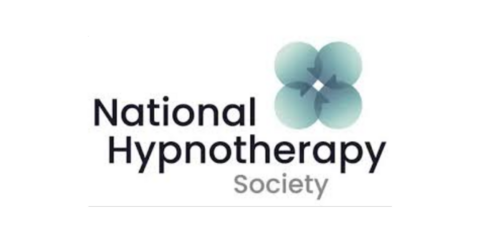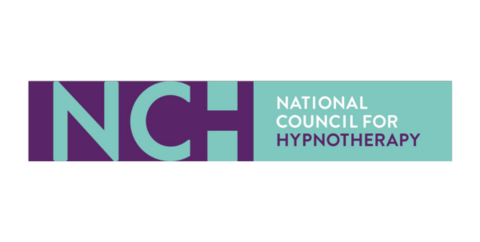
Hypnotherapy
Whether you’re considering adding hypnotherapy to your existing professional toolkit or pursuing it as a dedicated career path, this guide is designed to provide you with everything you need to know. Read more about on training pathways, essential qualifications, and professional registration requirements to help you build a confident and credible practice in this powerful therapeutic modality.
What is hypnotherapy?
Hypnotherapy is a form of psychological therapy that uses hypnosis - a state of focused concentration and heightened suggestibility- to help clients shift beliefs, behaviours or emotional responses.
During hypnosis, the individual becomes less aware of their surroundings, which enables them to receive therapeutic suggestions that encourage healthier thinking patterns and change negative or limiting beliefs. A trained hypnotherapist guides the induction into trance, then uses targeted suggestions or imagery to promote positive transformations, all while the client remains in conscious control.
This modality is used both as a standalone treatment, or in addition to other approaches (for example combining hypnotherapy with CBT or pain management). It can support a variety of mental and physical health goals, such as reducing symptoms of anxiety, depression, treating insomnia, habit change (e.g. for smoking cessation or weight loss), and alleviating pain or psychosomatic conditions.
Qualifications and Training
In the UK, hypnotherapy is not legally regulated, which means anyone can technically describe themselves as a “hypnotherapist.” The title is not protected by law, and there is no single governing body overseeing practice.
However, completing training that meets recognised professional standards is vital if you want to work ethically, ensure client safety, and build credibility. Quality training also enables you to register with a professional hypnotherapy organisation, which can enhance your reputation and improve your chances of finding paid work.

National Hypnotherapy Society
The National Hypnotherapy Society holds the first and only current hypnotherapy register accredited by the Professional Standards Authority (PSA).
This accreditation offers enhanced protection to clients and provides hypnotherapists with a means to demonstrate their commitment to professional standards.
Qualifications and training >

National Council for Hypnotherapy (NCH)
The NCH accredits training schools that offer the Hypnotherapy in Practice Diploma (HPD), considered by many to be the gold standard in hypnotherapy training.
Trainiing with an accredited school ensures your course meet rigorous standards, preparing you for professional practice.
Qualifications and training >

Complementary and Natural Healthcare Council (CNHC)
The CNHC, which is also accredited by the PSA, includes hypnotherapy among its listed professions.
The register offers another avenue for hypnotherapists to demonstrate their adherence to national standards, providing clients with confidence in the practitioner's qualifications and ethical practices.
National Occupational Standards >
More resources

Accredited Registers
Find out more about the UK standards for non-regulated professionals to help you navigate your career path.

Membership Bodies
There are many UK membership bodies that support and guide counsellors and psychotherapists throughout their careers.

How-to guide
Find out what it takes to train, register, and become a qualified counsellor or psychotherapist in our handy career guide.